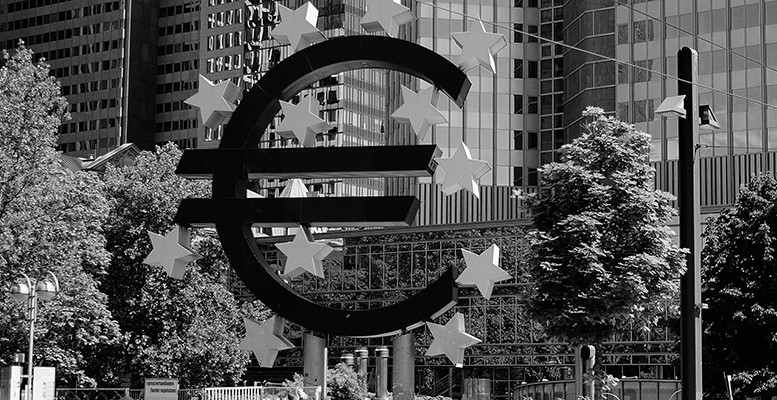Taken at face value, that Mario Draghi this week chose not to declare victory on inflation should normally be taken as a dovish signal. For BoAML, “this holds however only to the extent that the ECB could be credible in delivering, as it continues to pledge, more and/or longer QE.” They explain:
Since we believe that this has become technically and politically impossible, a lack of conviction on the inflation outlook should actually be taken as a signal that the Governing Council is losing heart on its capacity to deliver its mandate.
The ECB would not be the first central bank to stop QE and then start hiking rates before inflation is actually re-established. The Fed sent a powerful precedent. This week again the FOMC continued to signal a continuation of rate hikes while incorporating very little effect of a stronger cycle on inflation. Only the BOJ so far has resisted the pressure.
Come spring, communication is likely to change
In practice, while analysts at BoAML think the ECB will first check how the market reacts to the actual halving of its purchases in January, and how the run-up to the Italian elections shape up, before changing the message. But come spring they also think that the open-ended nature of QE will be removed. Furthermore, experts expect strong inflation conditionality on policy rates, but the risk is that the hawks seize the occasion of another strategic discussion at the Governing Council to demand a quicker exit from negative rates. The deposit rate to reach zero and the refi to be hikes to 25bps in Q4 2019. Unusually, the house is above market pricing.
Finally, a more ‘confident’ ECB doesn’t change their inflation views.
This does not mean that we are revising our views on inflation. Quite the opposite. We continue to see very little wage pressure in the system. While there is no denying that the Euro area data flow continues to exceed our forecasts, the spill-over to price dynamics remains very limited.





